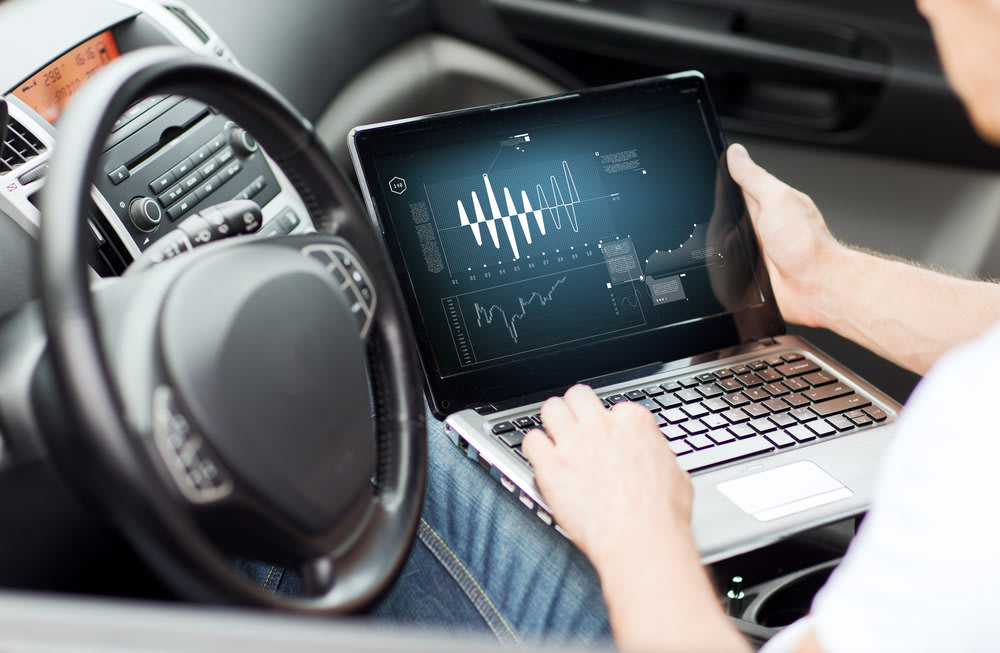

Tuning chips are designed for diesel engines to boost both engine performance and fuel economy. However, they’re a mixed bag. Many drivers who’ve installed them have found that while they do increase performance, they don’t do a thing for fuel economy, and they can make the car smoke (they’re also called “smoke boxes” for that very reason).
What is a tuning chip?
First, it’s not really a chip in the way you’re thinking. They’re resistors. Tuning chips are not ECU chips (microprocessors within your car’s main computer that actually control engine and transmission operation). The resistor in question does only one thing – it changes the air temperature sensor’s readings that are sent to the computer.
The computer uses temperature and density information to determine how much fuel to send into the engine. Tuning chips effectively tell the computer that it’s receiving colder, denser air than it really is. Cold, dense air has more oxygen than warm air, which means that you get better combustion. The computer compensates for this by sending more fuel to the engine, resulting in more “bang.” This basically boosts performance.
However, because you’re not actually remapping the ECU for better performance, a number of problems can crop up, including:
- Inaccurate fuel mileage information
- Smoking from the exhaust
- Reduced fuel economy
- Damage to the engine’s pistons
- Increased emissions
- Rough idling
If you’re determined to increase your car’s performance, the best option is to go with a re-mapped ECU that allows you to actually adjust both the engine’s performance and your car’s computer. This ensures that your emissions information is accurate (and you pass testing), and that you’re not causing damage to the engine in the long run.



